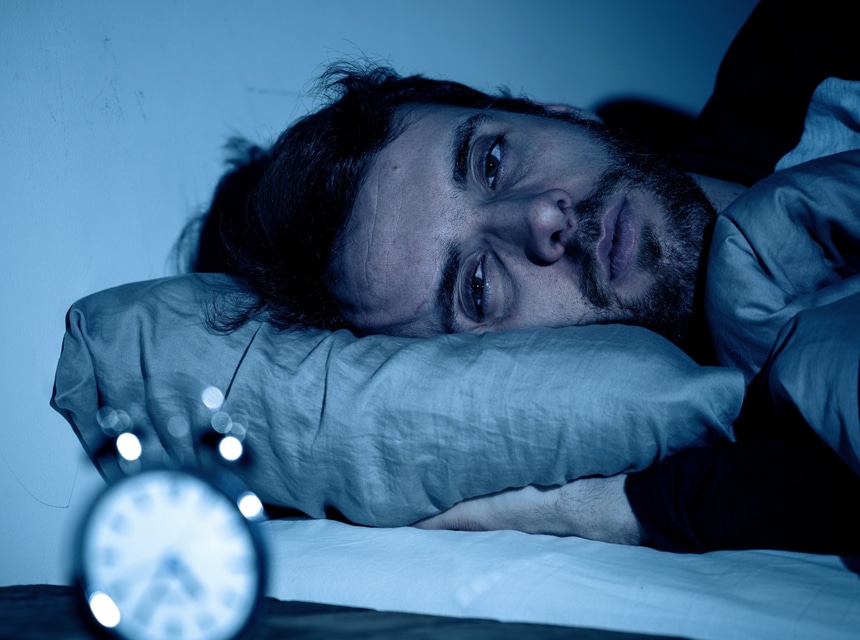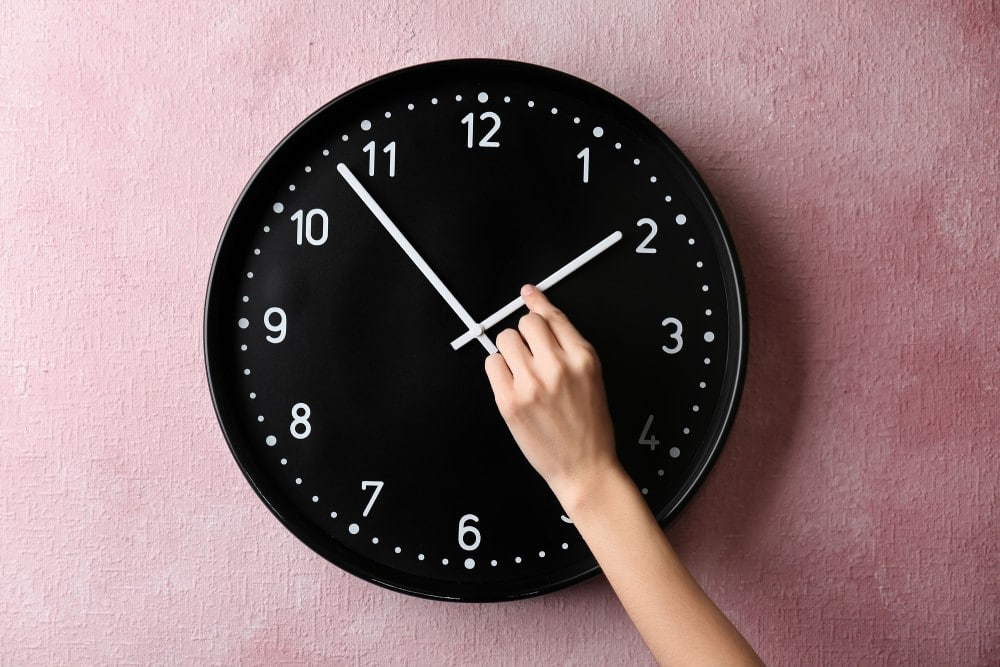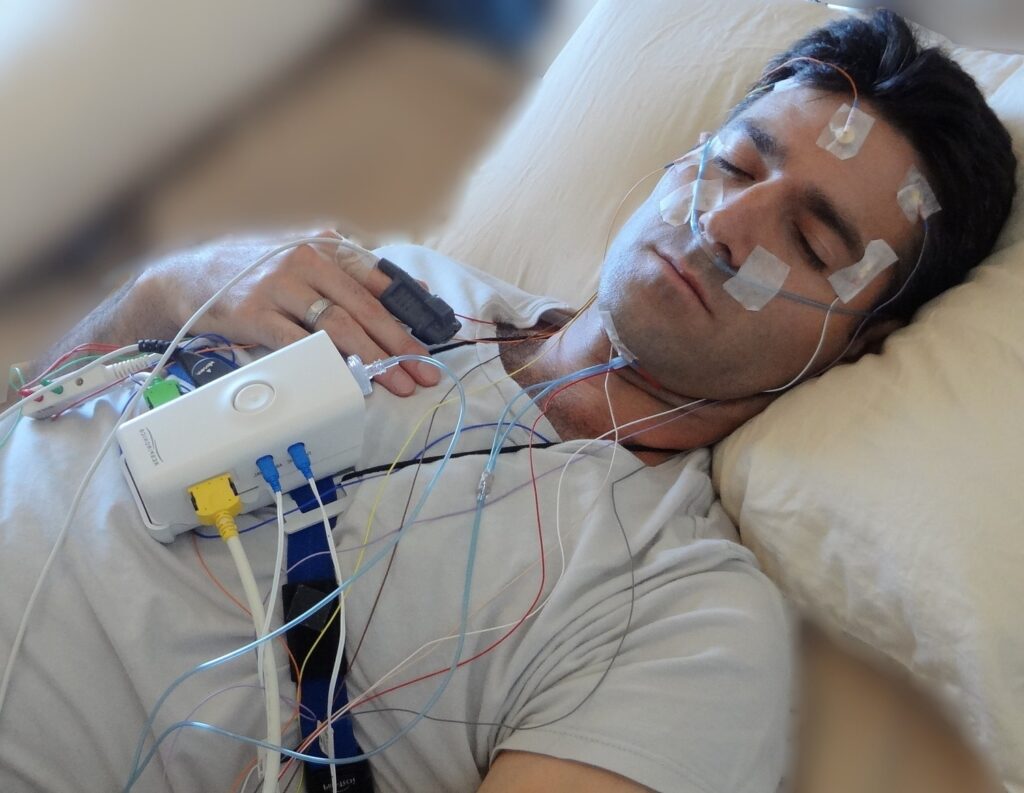

Brighton and Sussex Medical School (BSMS), the University of Surrey, and the University of Sussex conducted a study dedicated to people suffering from dementia. In their research, they state two factors that affect the daytime symptoms of people with dementia. The first is the quality of sleep they get. And second, is their sleep continuity, meaning how deep can they sleep after initially falling asleep.
In a statement by Dr. Sara Balouch, the lead author of the paper, there is sufficient evidence that variation in daily sleep patterns of people living with dementia can predict day-to-day alterations in the symptoms. Moreover, it may be possible to improve daytime symptoms if their time in bed and sleep continuity is maximized. Their statement is backed by their merits, being a former dementia research fellow from the Center for Dementia, and student at BMS.
According to Dr. Sara Balouch’s report, it is safe to consider that if the sleep continuity of people with dementia can be increased, it would bear fruitful results, the most important being enhanced cognitive function. In other words, the patients will experience fewer memory errors and behavioral disputes.
The research team monitored the people living with dementia for two weeks. Apart from the researchers alone assessing their sleep and day-time cognitive functions objectively through wrist monitors, the people also self-reported the variations in symptoms. In addition to analyzing their sleep pattern, the researchers also observed their behavior by questioning their guardians. The parents/partners/caregivers participated by providing daily reports on the behavior of the people with dementia they are associated with. This assessment helped researchers build a conclusion on what affects the daytime activity of people with dementia. Organizations/institutes that supported this research are the Centre for Dementia Studies, BSMS, Sussex Partnership NHS Foundation Trust, and the UK-Dementia Research Institute.
The results from the thorough assessment of sleep and behavior of people with dementia referred to sleep continuity as the primary factor in predicting daytime symptoms. It was observed that if the person with dementia takes less time in bed to fall deep asleep, the sleep continuity increases, and with that, the memory enhances as well. Similarly, if one takes longer to fall deep asleep in bed, the sleep continuity decreases.
In the light of this study, it was also observed that the parents/guardians/caregivers of people with increased sleep continuity reported fewer behavioral and memory issues and the patients/subjects reported that they felt more active and energized.
The dementia research team also came across an observation about sleep inertia which refers to compromised cognitive function after falling asleep. It was stated that sleep continuity is related to sleep inertia in a way that it reduces the ability of the person with dementia to conduct subtraction tasks the next day.
Above all, emphasis on optimal bedtime was also pointed out through this detailed sleep assessment. The data from observation indicated that there are certain hours during the nighttime which ensure long and continuous sleep which directly and positively affects the behavior of people with dementia. These hours differ for each person but are important and must be implemented for all the people who are living with dementia.





